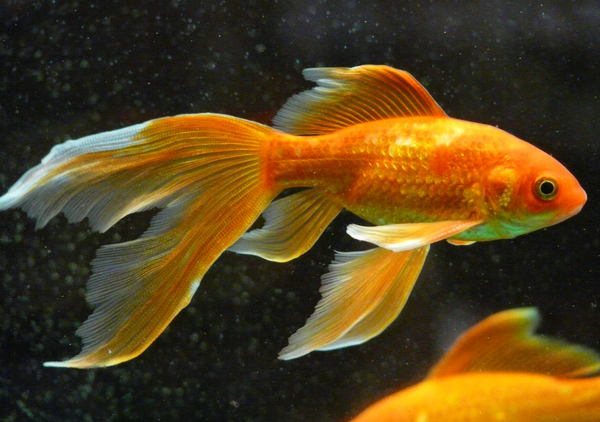Being the owner of a reactive dog is very stressful and can induce a lot of anxiety at times. Something as simple as a quick potty break for our pup can fill us with nervous fear before even heading out the front door! Do not worry you certainly are not alone, and the good news is that things can get better with some TLC and training. We are going to go over a few tips that have helped me personally with my reactive dog and hopefully you can add these tips and tricks to yours and your dog’s arsenal in the future. Before we dive into it, we need to understand that although it is perfectly okay to have a reactive dog as its no one’s fault. However, having a reactive dog is a liability so do make sure you can properly handle and control your dog when you are walking it.
1. Help Turn Stressful Walks into Exciting Adventures
Your dog reacts during its walks because it is stressed, anxious, or in fear. Or all of the above in my dog’s case. It is important to recognize what triggers our dog. It may be other dogs, people, bikes, vehicles, or aliens. As a dog owner it is our job to be aware of our environment while on a walk. We need to scout out these triggers before our dog does to the best of our ability. This will give you time to react before your dog does. When this does not work your dog will likely exemplify symptoms of stress and anxiety. This can include panting, drooling, locked in focus on the trigger, excessive pulling, hiding, growling, or even barking. Something to try is to replace a stressful situation with a treat! Overtime with consistency this will tell your dog that there is not anything to stress about. That being said, I know it sounds easy, but it actually takes weeks or months of consistent reinforcement. Do not give up and be patient with this process as it does not change overnight. A tasty and healthy treat to pack along on your walks are Peter's Ovenbaked Grain Free Pumpkin & Chia Dog Biscuits.
2. Keep Walking Routes Varied and New
Our dogs are very curious creatures and always need to smell everything and see everything there is to see, especially when in an unfamiliar environment. Switching up walking routes rather than sticking to the same one every time will keep our dogs distracted and occupied. This helps with reactive dogs because the often times do not acknowledge their triggers as they are so intrigued with their new findings and scents to discover. This trick without a doubt made the biggest difference and reduced a lot of stress for both my dog and me.
3. Avoid What Cannot be Won
Again, its super important to set expectations low at the beginning, this is a long journey and will not be fixed overnight. Your dog will have good walks and shows improvement, and some not so good days from time to time. You will likely get odd stares at you because you “cant control your dog” but just remember that as long as your handling your dog responsibly and take the proper precautions to separate your dog and its trigger then you are doing just fine. Remember to breathe in these stressful situations. A Good tip is to use objects like bushes or parked vehicles or even buildings to create a visual barrier between your dogs and its trigger.
4. Invest in a Muzzle
Depending on how reactive your dog is, perhaps a muzzle is something that will help. Whether it is used short-term or long-term it can be beneficial. As we mentioned your dog is a liability and having a muzzle on for a walk will take away any chance of it biting another dog or another person. This will also give you a lot more peace of mind and walks will become less stressful almost immediately. Do give your dog some time to adapt to a muzzle as it completely different to what they are used to. A great muzzle that we recommend and carry here at Pisces Pet Emporium is the Ancol Plastic Muzzle.
5. Consult with a dog trainer
If you try all of these tips consistently and no behavior is shifting, we suggest you consult with a professional dog trainer.




